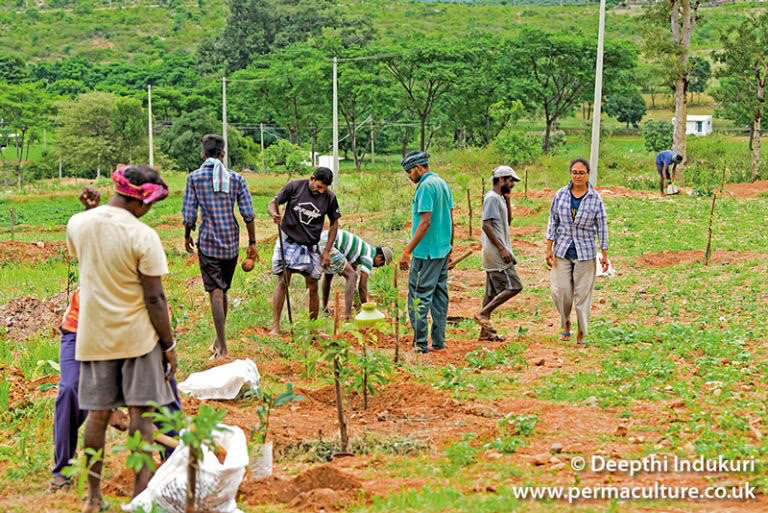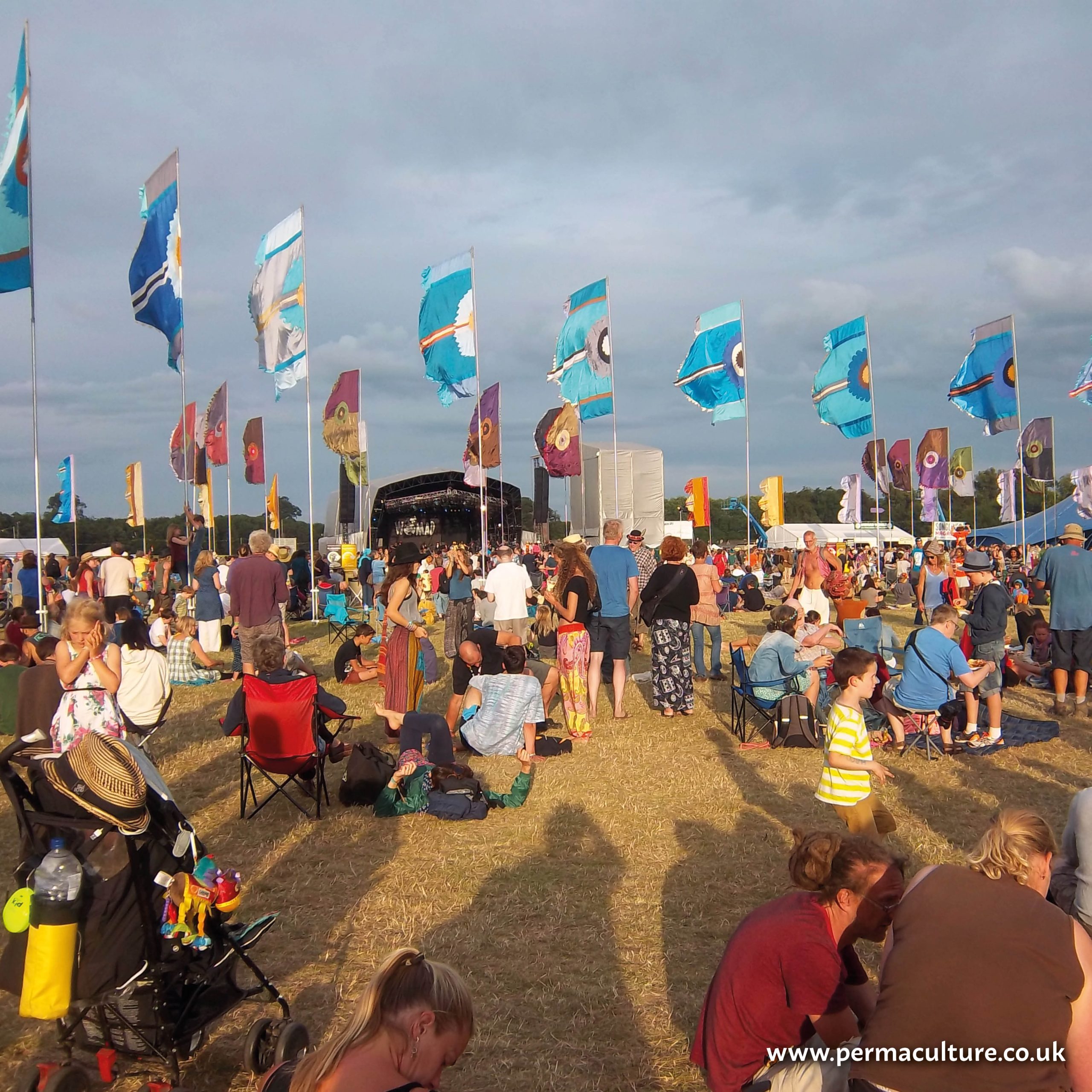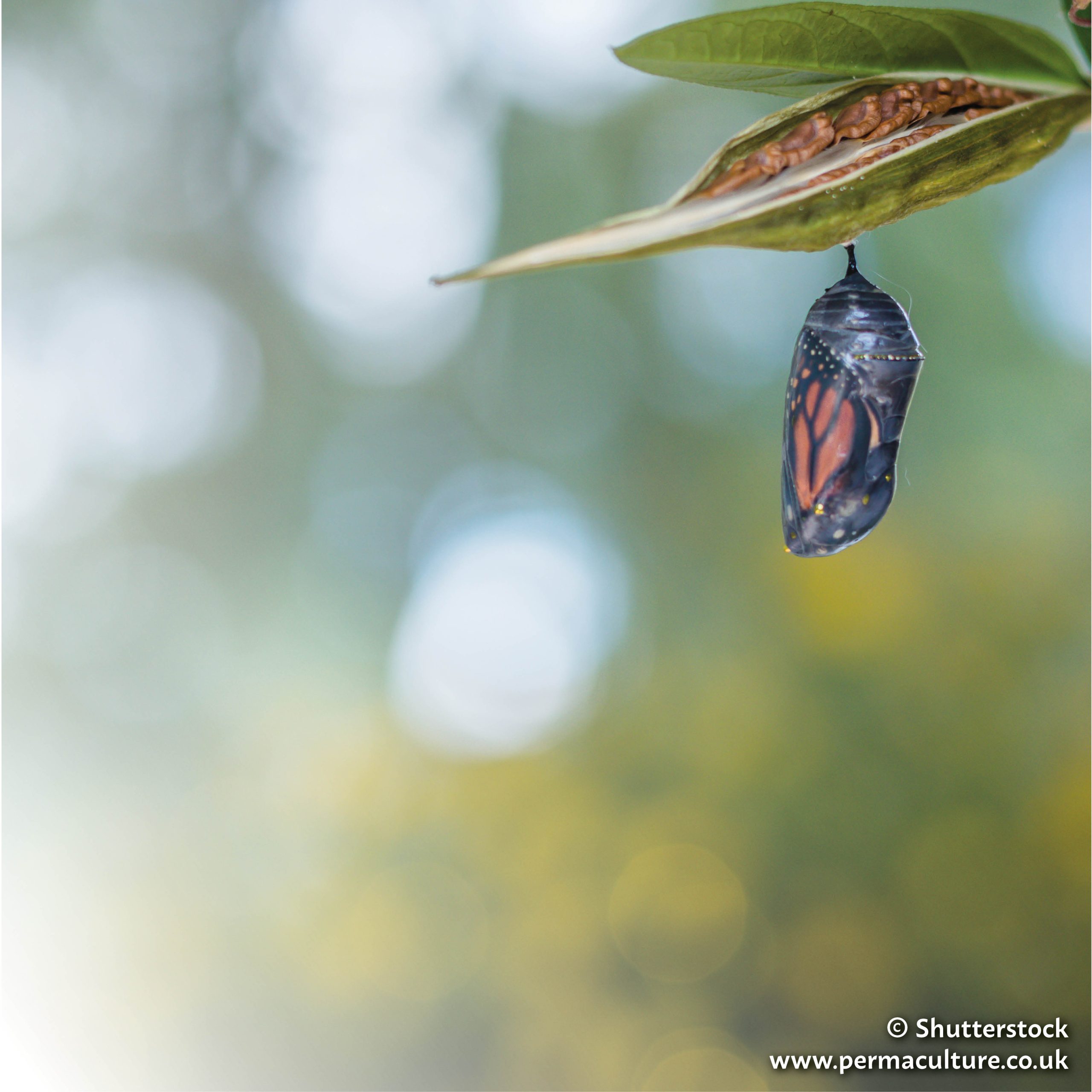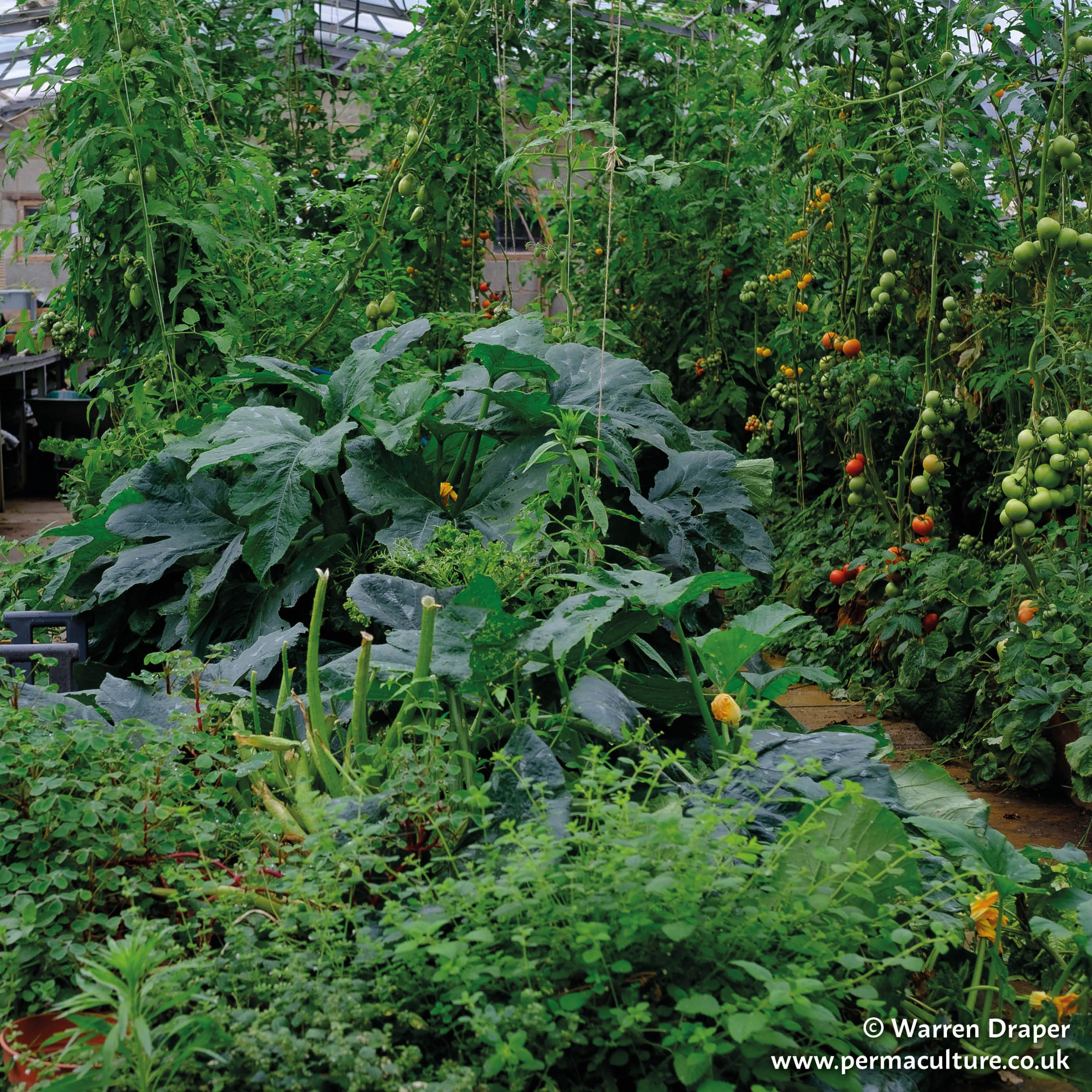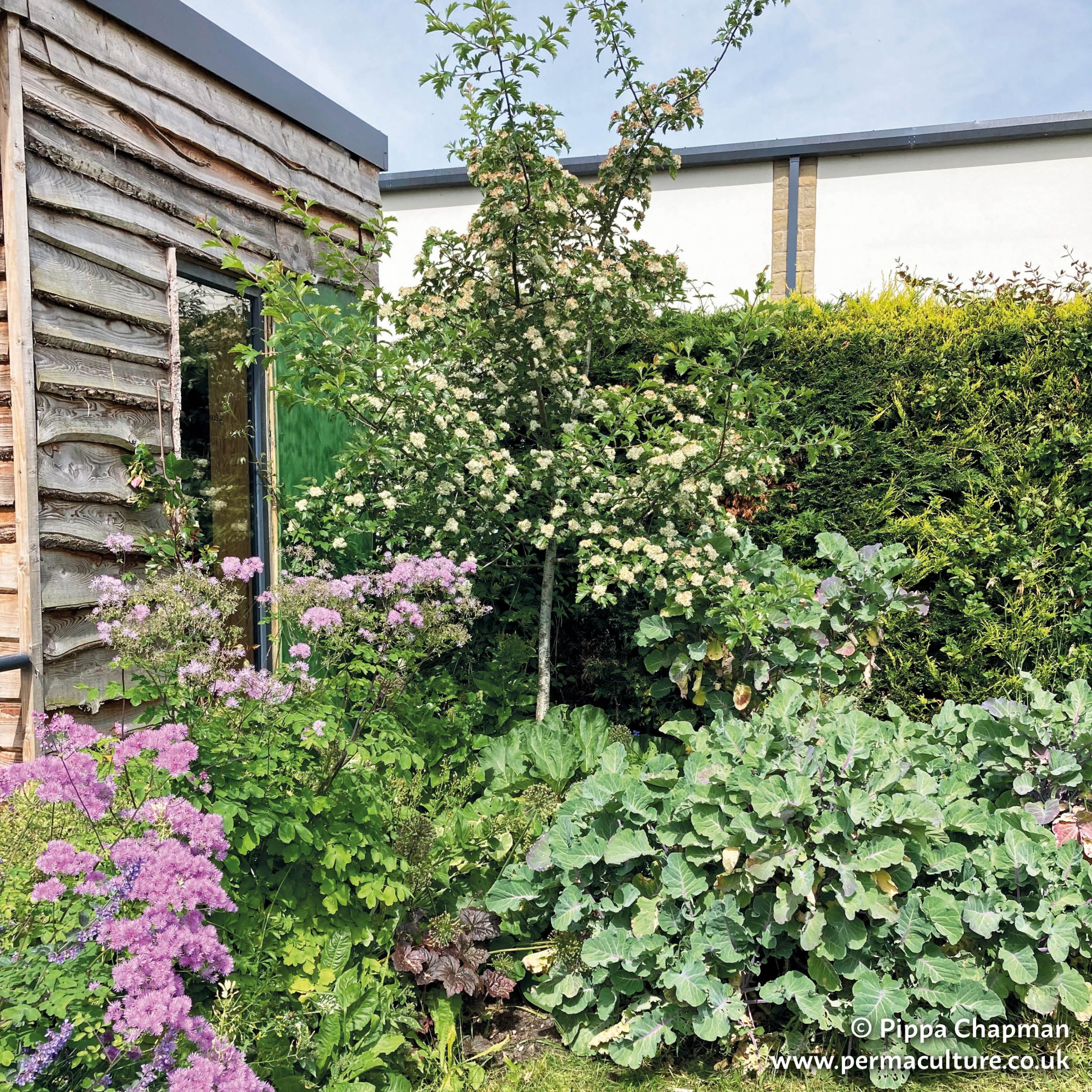Mark Boyle’s thought-provoking new book, Drinking Molotov Cocktails with Gandhi, begins by pointing out that it is ‘by no means An Ode to Violence’.
The stated purpose is to help us take steps towards peace, a ‘Wild Peace’ free from both ‘systemic violence’ and what Mark calls our ‘civilised, urbane notions of violence, nonviolence and pacifism’. The central point seems to be that “… we live and take part in a pathological culture, and until we are honest with ourselves and each other about this, any pretence to nonviolence will be just that – pretence – and we will not respond effectively to the extent that is appropriate to the circumstances.”
Mark asks that we question our cultural narratives of what violence is, and what it isn’t. In doing so he shines a light on many of the hypocrisies and logical inconsistencies of our times and paints a vivid picture of how “… our way of life is imbued with a level of violence so extreme that, if it were not hidden from us by complex mechanisms, most of us could not cope with the psychological and emotional pain it would arouse.”
In the face of such systemic violence Mark argues that reform is futile and invites us to expand the concept of self-defence to include forceful defence of the life-systems our lives (and the lives of other species) depend upon. Such arguments will be familiar to anyone who has read a bit of Derrick Jensen or participated in the perennial discussion in activist circles about using a ‘diversity of tactics’.
Throughout the book, Mark illustrates his points using examples from nature: he wonders what’s at stake if we don’t protect our habitat with the same courage with which birds protect their young; asks whether monkeys and elephants protecting their habitat are violent; and gets us to imagine activists as antibodies fighting off disease.
In the final chapter, he explores if it might be possible to create a political equivalent of the trophic cascade observed when grey wolves were reintroduced to Yellowstone Park – more wolves, less deer, more plant life and trees, more rivers, more fish and so on. Could we similarly reinvigorate our political landscape and increase cultural and social diversity by reintroducing Wild Revolutionaries too? It’s an interesting thought. I get the feeling that this is going to be one of those books that generates plenty of good discussion.
